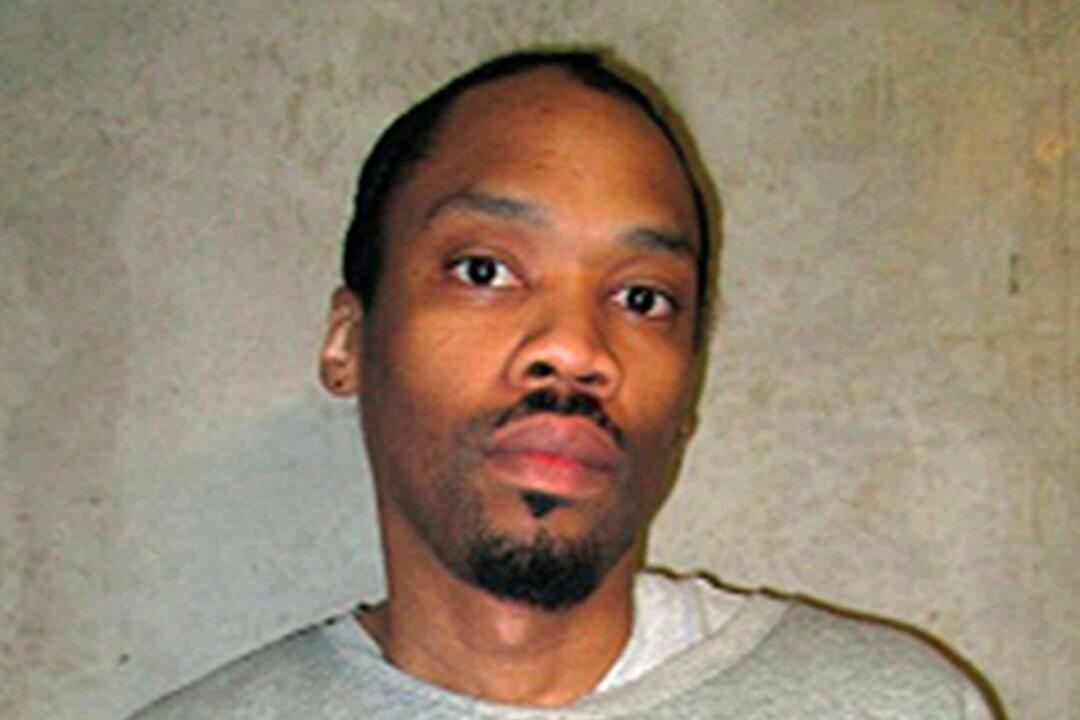OKLAHOMA CITY—The Oklahoma Supreme Court has rejected a request to remove two members of the state’s Pardon and Parole Board from a high-profile death penalty case.
The court’s brief ruling on Friday denied a prosecutor’s request to remove Adam Luck and Kelly Doyle from considering the commutation request of Julius Jones, who was sentenced to death for the 1999 killing of Edmond businessman Paul Howell.





